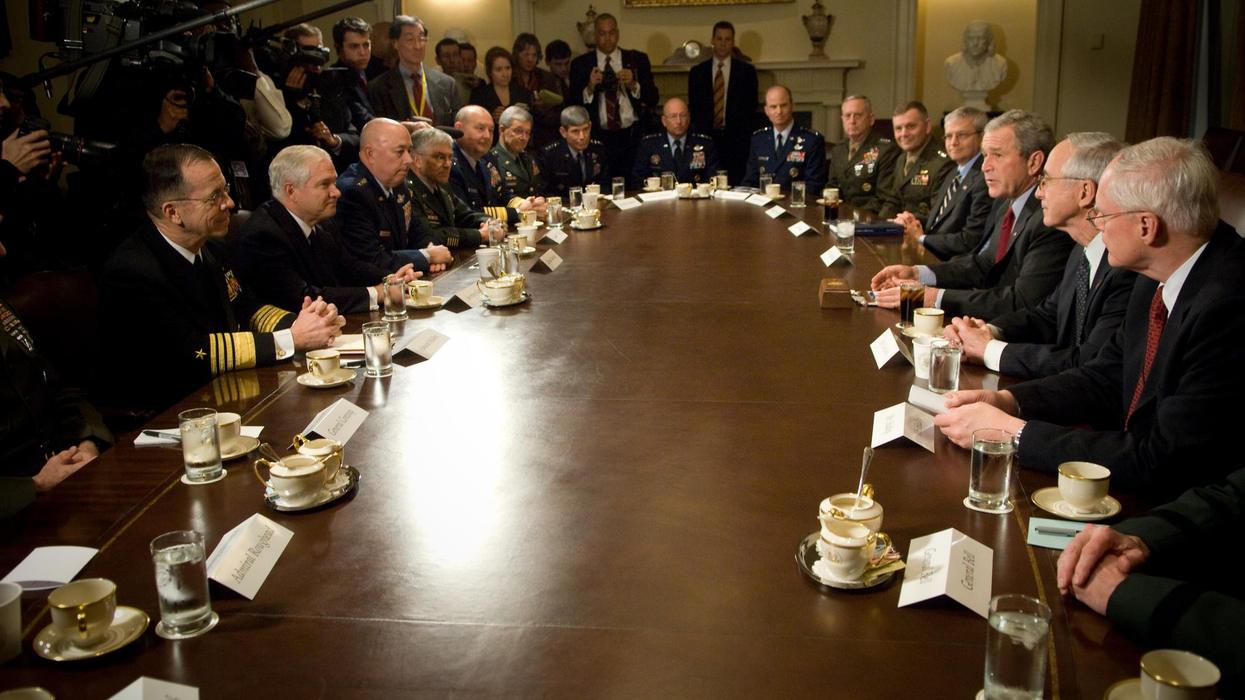The expiration of the six-month-old ceasefire without an extension in Yemen is a major setback for Saudi Arabia, which remains stuck in an expensive quagmire that it desperately wants to quit.
Meanwhile, the Biden administration has made ending the war in Yemen a top priority, so it will also be damaged by the end of the truce. The Zaydi Shia rebels known as the Houthis, on the other hand, are the winners in the war and are flexing their power.
The truce was negotiated by the United Nations in March and ended major military activity but was often violated by both parties in small clashes. The blockade of Houthi-controlled northern Yemen was only ever partially lifted. Because of this, the Houthis are now demanding the “siege” be completely removed and without that, the ceasefire is a “dead end.” The blockade is responsible for the humanitarian catastrophe and massive malnutrition that has caused tens of thousands of lives.
The Houthis demonstrated their military capabilities in a large parade late last month to mark their capture of Sana’a eight years ago. The parade included armored vehicles, mortars and artillery. The highlight was helicopters dropping chocolates and raisins to the crowd. Abdul Malik al Houthi, the rebels’ commander, made a speech claiming that all the equipment was made in Yemen, including drones and ballistic missiles which have been used to strike targets in Saudi Arabia and the United Arab Emirates.
In reality, the drones and missiles are based on Iranian systems smuggled into Yemen despite the Saudi blockade, highlighting the impact that Iran has had on the conflict. Supporting the Houthis cost Iran a pittance and bogs the Saudis down in an expensive war that has exposed the weaknesses of the Saudi military. Tehran also welcomes the difficulties the war creates for Washington.
The United States and the other four permanent members of the Security Council met with the European Union and other countries to propose the extension of the ceasefire last month. They noted that the truce has allowed 21,000 Yemenis to fly out of the country, many to get medical attention often in Jordan. It is a rare case of the powers working together.
The Houthis are intensely anti-American and do not trust Washington to be fair interlocutors given longtime American support for the Saudis diplomatically and militarily. And President Joe Biden’s fist bump with Saudi Crown Prince Mohammed bin Salman in Jeddah has only reinforced their antipathy to the United States.
If full scale combat is resumed, the Crown Prince Mohamed Bin Salman — now Saudi prime minister — is the big loser. The 2015 Saudi intervention in Yemen — a reckless move, poorly planned and poorly executed — is his signature foreign policy initiative. MBS will now be stuck in a war he cannot win, and which leaves Saudi cities open to attack by missiles and drones. Worse, if the Saudis resume air strikes in the north, there is a high probability of civilian casualties, which will further damage the Kingdom’s already bad public image.
Unfortunately, the United States has no leverage with the Houthis. Biden’s laudable goal of ending the war is in jeopardy, and he has no good options to get back to the ceasefire. The only hope now is international pressure, else the Yemeni people will continue to suffer the most.

















